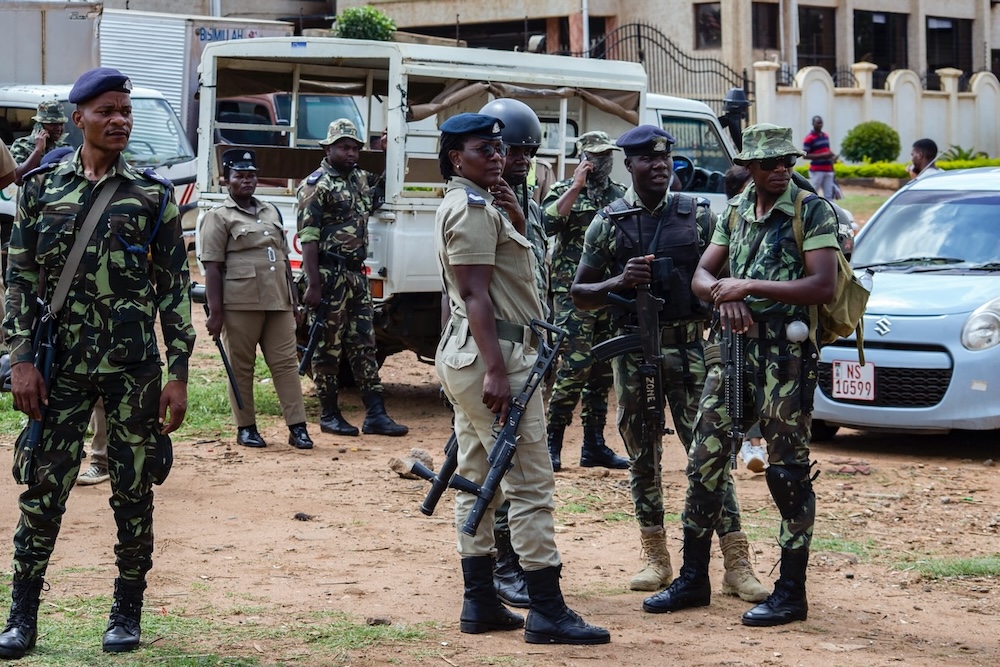
Western and regional security services are sounding the alarm over a sharp uptick in jihadist violence inside the narrow border zone shared by Mauritania, Mali and Senegal—an area US analysts have started calling the African Triangle of Death.
A sudden spike in bloodshed
Field reports show an abrupt rise in lethal raids and ambushes over the past month. The trend fits a wider warning issued late 2024 by Brett Holmgren, head of America’s National Counter-Terrorism Center, who told Politico that ISIS was “making a significant comeback” in Africa, with the tri-border region a primary flash-point.
Holmgren said African ISIS offshoots remain “mostly local threats”—spreading ideology and manipulating ethnic fault lines where governance is weak—but cautioned that unchecked groups inevitably reach for bigger ambitions.
Counter-terror specialist Charles Lister of the Middle East Institute draws unsettling parallels to Iraq and Syria in 2013-14: “There is now an ISIS army roaming the Sahel, seizing military bases almost at will,” he said.
Coups, mercenaries and a power vacuum
The three-country strip has already been shaken by a series of coups in Mali that ousted pro-Western leaders and expelled French and US forces, clearing the way for Russian-linked mercenaries. Former US Sahel envoy J. Peter Pham criticises the Biden administration for leaving his post vacant: “If we wait, ISIS will eventually reach targets as far away as Europe—or the US,” he warned.
Who is on the ground?
- Jama’at Nasr al-Islam wal-Muslimin (JNIM) — an al-Qaeda coalition that remains the region’s most powerful militant player.
- Islamic State in the Greater Sahara (ISGS) — weaker than JNIM but expanding west from northern-central Mali toward Senegal’s Falémé River and south into Mauritania’s desert around Nara and the “Snake Valley.”
What’s at stake?
Security analysts fear the jihadist build-up could:
- Strangle key trade corridors such as Dakar-Bamako and Nouakchott-Bamako.
- Supercharge local recruitment, including targeting of religious figures.
- Extend smuggling and finance networks beyond any single state’s reach.
With each fresh attack, the Sahel’s tri-border zone looks more like the next front where jihadist factions test—and refine—their capacity to carve out proto-states unless a coordinated regional and international response materialises soon.




